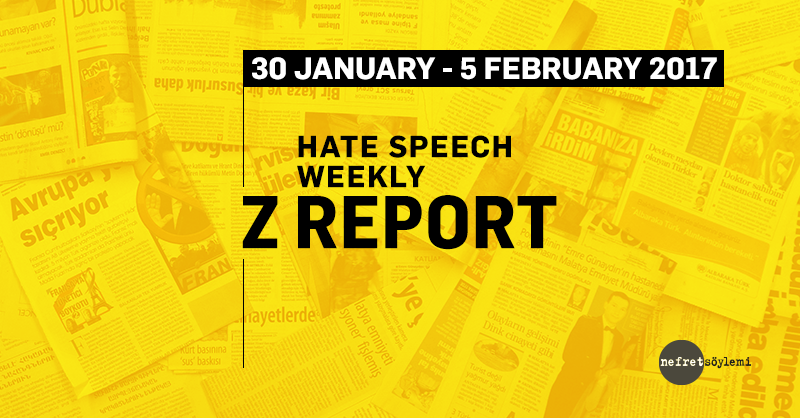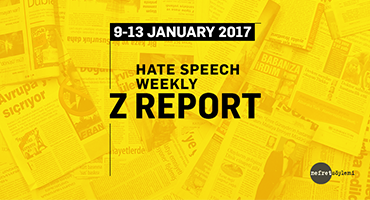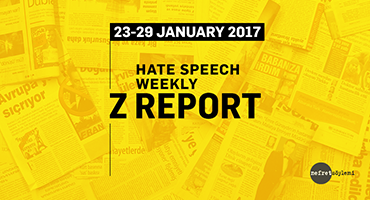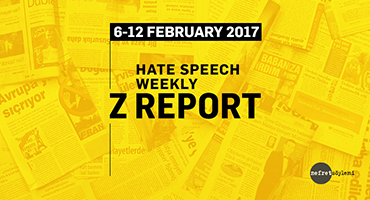Within January 30 – February 5, 2017, four news articles that generate hate speech had been selected from print media for the weekly report. You can find these articles that generate hate speech against Greeks, Armenians, Buddhists and Syrians and the analyses below.1
1.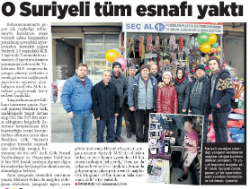
The article that was published in Milliyet and titled “That Syrian devastated all shopkeepers” covers a criminal incident. An isolated event is covered by highlighting the national identity of the perpetrator, though it is not directly relevant to the incident. In this way, Syrians are labeled as possible threat through a singular incident and targeted by associating them with crime. |
2.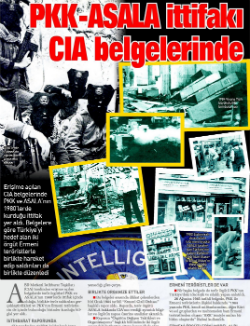
The article that was published in Sabah and titled “CIA documents show PKK-ASALA alliance” reports that “PKK and ASALA are working together” on the basis of CIA documents. The article associates Armenian identity with violence and “terrorism”: the article summary reads “Two organizations targeting Turkey acted in concert with Armenian terrorists and organized the attacks together”; a sub-title reads “THERE ARE ARMENIAN TERRORISTS AS WELL”; and there is the expression “Armenian organization ASALA”. With this generalizing discourse, Armenians are portrayed as “threat risk” against Turkey and hatred against Armenians is incited. |
3.
In Yeni Akit's article titled “Buddhists killed Muslim lawyer”, actions of radical groups are attributed to all Buddhists both with the title and statements like “In Myanmar, anti-Muslim Buddhists committed another dark murder for oppressing Muslims.” In this way, Buddhists are associated with crime and portrayed as enemies and “threat risk” against Muslims. |
4.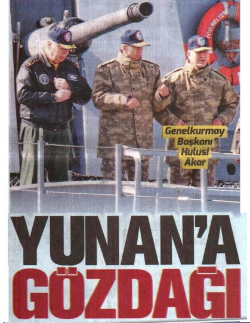
Korkusuz newspaper features an article on the front page with the title of “INTIMIDATION TO THE GREEKS” and with the title of “Hulusi Akar Pasha's unexpected visit to Kardak” inside. The article covers Chief of Turkish General Staff Hulusi Akar's visit to Kardak islets on the 21st anniversary of Kardak Crisis between Turkey and Greece. The newspaper headlines an issue between two states in a way to accuse Greek identity and targets Greeks by circulating the discourse of enmity from the past. |
1. Within the scope of the media scanning work focusing on hate speech, all national newspapers and around 500 local newspapers are scanned based on pre-determined keywords (e.g. Traitor, apostate, refugee, Christian, Jewish, separatist, etc.) by the media monitoring center. While the main focus has been hate speech on the basis of national, ethnic and religious identities; sexist and homophobic discourses are also examined as part of the monitoring work.

